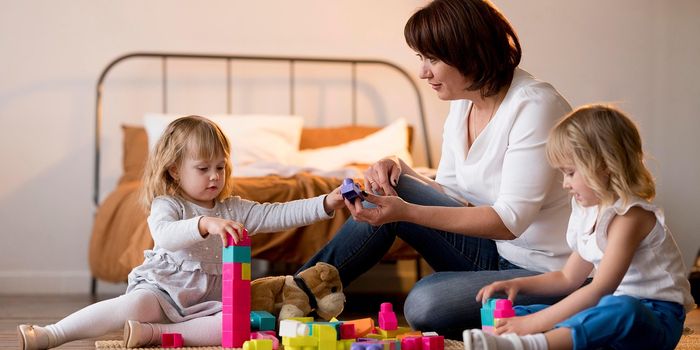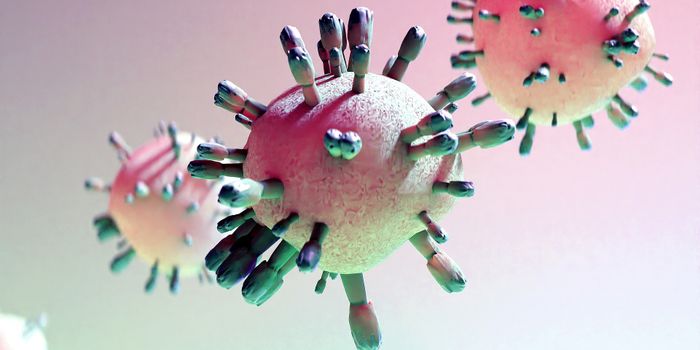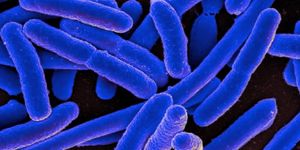You might want to rethink that nap...
Do you enjoy a good midday nap? Perhaps you just need to catch up from a bad night’s sleep, or maybe that little rest time is a common part of your routine. If it’s the latter, and you’re in the later years of your life, rife with wisdom, as they say, you might want to pay attention to your daytime napping and the implications it could have for your health.
A new study from the American Academy of Neurology suggests that daytime sleepiness in older adults may imply an increased risk of some adverse medical conditions, such as diabetes, cancer, and high blood pressure. Although the study has yet to be published, it will be presented at the Academy's 72nd Annual Meeting in Toronto, Canada, April 25 to May 1, 2020.
"Paying attention to sleepiness in older adults could help doctors predict and prevent future medical conditions," said study author Maurice M. Ohayon, M.D., Ph.D., DSc, of Stanford University in Stanford, Calif., and a member of the American Academy of Neurology. "Older adults and their family members may want to take a closer look at sleeping habits to understand the potential risk for developing a more serious medical condition."
The study from Ohayon and colleagues analyzed the daytime sleeping habits of 10,930 people, 34% of whom were 65 years of age or older. The study looked particularly at excessive daytime sleepiness despite having gotten seven or more hours of sleep. This condition is known as hypersomnolence.
In conducting their investigations, the researchers interviewed participants telephonically twice, three years apart. The first round of interviews showed that 23% of people over 65 reported symptoms of excessive sleepiness; three years later, that number was only slightly different, with 24% reporting hypersomnolence, 41% of whom reported that their sleepiness was a chronic problem. The study also took into consideration factors such as gender and sleep apnea.
Science Daily describes the findings of the study: “People who reported sleepiness in the first phone interview had a 2.3 times greater risk of developing diabetes or high blood pressure three years later than those who did not experience sleepiness. They were also twice as likely to develop cancer. Of the 840 people who reported sleepiness at the first interview, 52 people, or 6.2%, developed diabetes compared to 74 people, or 2.9% of those who were never sleepy during the day. Also, of the 840 people who reported sleepiness, 20 people, or 2.4%, developed cancer compared to 21 people, or 0.8% of those who were never sleepy during the day.
“People who reported daytime sleepiness during both interviews had a 2.5 times greater risk of developing heart disease. People who reported sleepiness only in the second interview were 50% more likely to also have diseases of the musculoskeletal system and connective tissue, such as arthritis, tendinitis and lupus, [compared to] those who did not have daytime sleepiness.”
The authors caution that this was a preliminary study and that their findings do have specific limitations, given that they took to heart the words of their participants from memory, instead of following their sleep length, quality, and hypersomnolence in a scientific setting. Nevertheless, they say, their findings merit further investigations given the wide population that currently experiences hypersomnolence.
Sources: Science Daily, American Academy of Neurology









